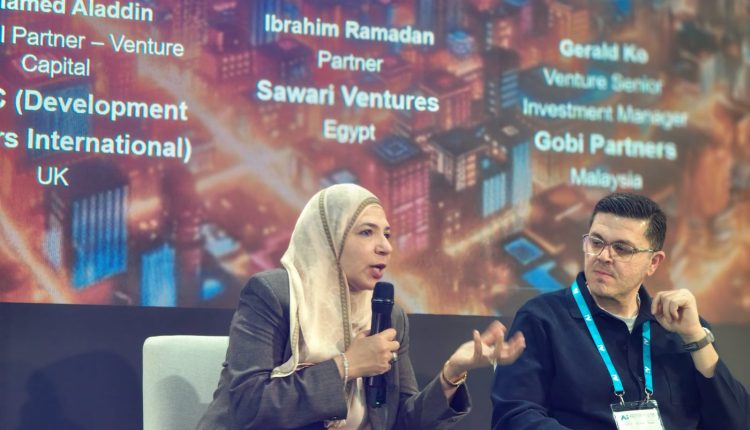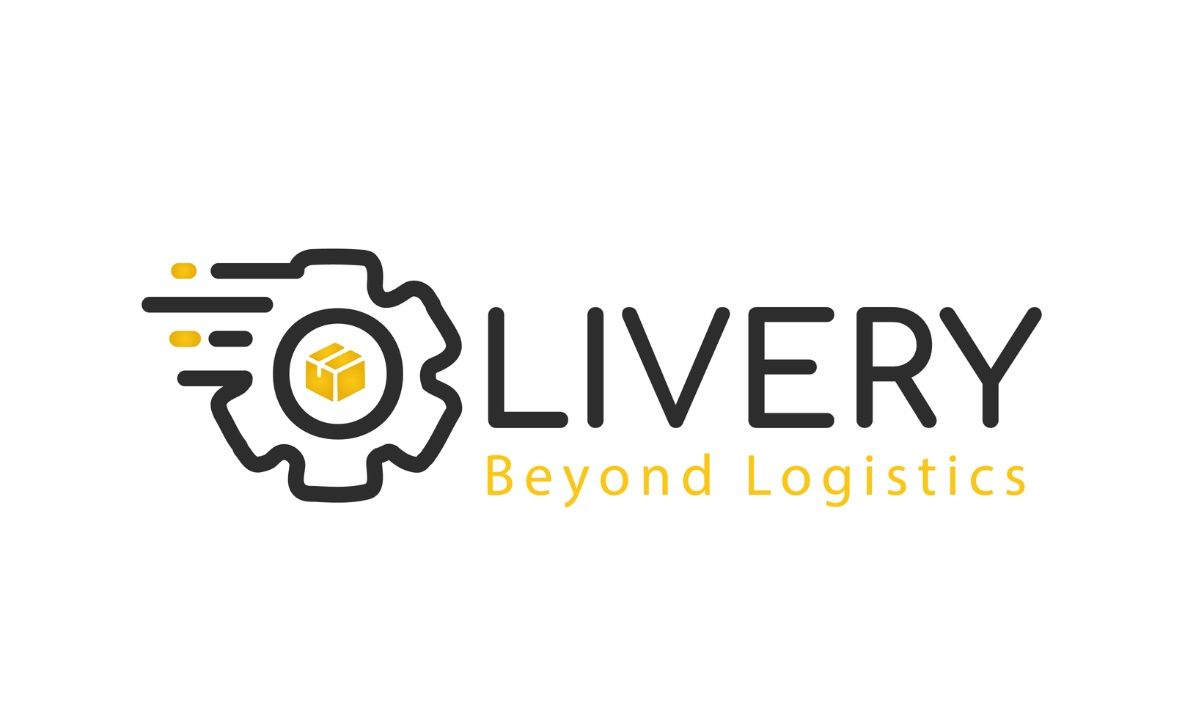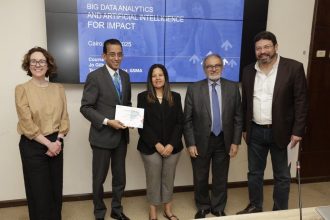In a landmark move signaling a massive acceleration of its artificial intelligence ambitions, Tesla has signed a multi-year, $16.5 billion agreement with Samsung Electronics to manufacture its next-generation AI chips. The deal solidifies a critical part of Tesla’s supply chain as it pushes aggressively into autonomous driving, robotics, and high-performance computing.
A Strategic Partnership to Power the Future of AI
The partnership will see Samsung’s advanced semiconductor division produce custom silicon designed by Tesla. These chips are expected to power the company’s most demanding AI workloads, including the core processing for its Full Self-Driving (FSD) computer, the Optimus humanoid robot, and the Dojo supercomputer infrastructure. By securing a high-volume manufacturing partner like Samsung, Tesla aims to de-risk its production roadmap and ensure a steady supply of the specialized hardware that underpins its entire AI ecosystem.
Implications for Tesla’s Ambitious Roadmap
For years, Tesla has been on a quest for vertical integration, bringing design and production of core components in-house. While Tesla will continue to design its chips, this deal outsources the capital-intensive manufacturing process to a world-class expert. This move allows Tesla to focus on its core competencies in AI software and systems architecture while leveraging Samsung’s cutting-edge fabrication technology. Securing this production capacity is crucial for scaling the deployment of FSD technology to millions of vehicles and for the planned mass production of its Optimus robot.
Samsung’s Major Win in the Foundry Wars
This agreement represents a monumental victory for Samsung’s foundry business, placing it at the center of the automotive AI revolution. The deal strengthens its position in the highly competitive semiconductor manufacturing market, where it vies with industry leader TSMC for major clients. Landing a high-profile, high-volume customer like Tesla not only provides a significant revenue stream but also serves as a powerful endorsement of Samsung’s technological prowess and its ability to deliver at scale.
Looking Ahead
The Tesla-Samsung deal is more than just a large contract; it’s a strategic alignment that will have ripple effects across the automotive, AI, and semiconductor industries. It highlights the growing trend of tech giants forging deep partnerships to control the hardware that powers their future. For the MENA region, this deal underscores the critical importance of semiconductor sovereignty and could inspire further investment into local tech manufacturing and automotive AI sectors, as nations like Saudi Arabia and the UAE aim to become key players in the global technology supply chain.
Source: TechCrunch














